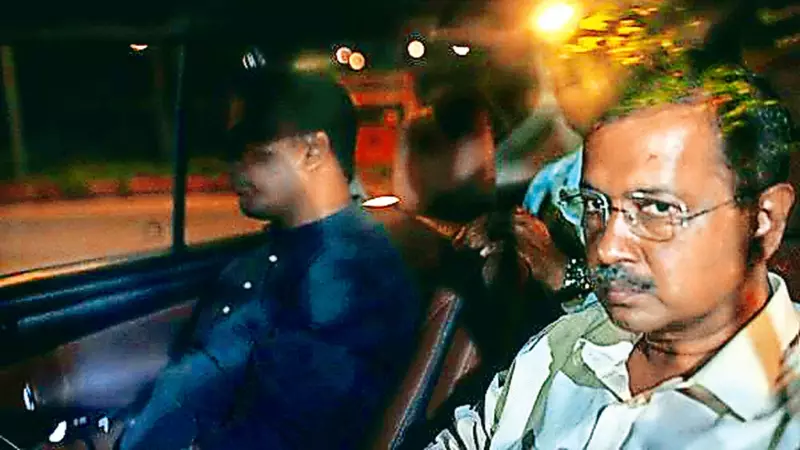
Delhi CM and AAP Leaders Skip Privileges Committee Hearing
Former Delhi Chief Minister and Aam Aadmi Party convenor Arvind Kejriwal, along with other senior party leaders, deliberately avoided appearing before the Legislative Assembly's Privileges Committee on Thursday. The committee had summoned them regarding the ongoing controversy surrounding the 'phansi ghar' (gallows room) located within the Assembly premises.
The absent leaders included former deputy CM Manish Sisodia, former Assembly speaker Ram Niwas Goel, and former deputy speaker Rakhi Birla. All were required to provide explanations about the authenticity and historical significance of the disputed structure.
The Heart of the 'Phansi Ghar' Controversy
The controversy traces back to 2022 when Arvind Kejriwal, then serving as Chief Minister, inaugurated the structure, presenting it as a British-era historical site that had been restored for public viewing. The AAP government had consistently referred to it as an authentic 'phansi ghar' where British authorities allegedly executed freedom fighters.
However, the narrative faced a significant challenge in August 2025 when BJP MLA and Assembly Speaker Vijender Gupta made a startling revelation in the House. Gupta presented official records indicating that the structure was actually documented as a 'tiffin room' rather than an execution chamber. Following this disclosure, CM Rekha Gupta accused the previous AAP administration of deliberately misleading the public about the room's historical purpose.
Legal Challenges and Committee's Response
Instead of complying with the summons, Kejriwal and his colleagues chose to challenge the committee's authority through legal channels. On Wednesday, they presented their case before Justice Sachin Datta of the Delhi High Court, arguing that the notice served to them was 'vague' and legally untenable.
Senior advocate Shadan Farasat, representing the AAP leaders, raised several critical objections during the court proceedings. 'What has this phansi ghar got to do with legislative functioning of the House? Nothing,' Farasat argued. He emphasized that the committee had issued the notice three years after the structure's inauguration and following the dissolution of the 7th legislative Assembly, making the proceedings invalid.
The legal counsel further contended that since the preceding House led by AAP had concluded its term, and no pending motion existed regarding the matter, the current committee lacked jurisdiction to investigate the issue.
In response, the Privileges Committee described the AAP leaders' approach as a 'classic case of jumping the gun', asserting its authority to examine matters concerning potential breaches of legislative privilege, regardless of the timing.
The ongoing legal and political standoff continues to highlight the deepening tensions between Delhi's ruling BJP and opposition AAP, with the phansi ghar controversy emerging as a significant point of contention regarding historical interpretation and political accountability.





